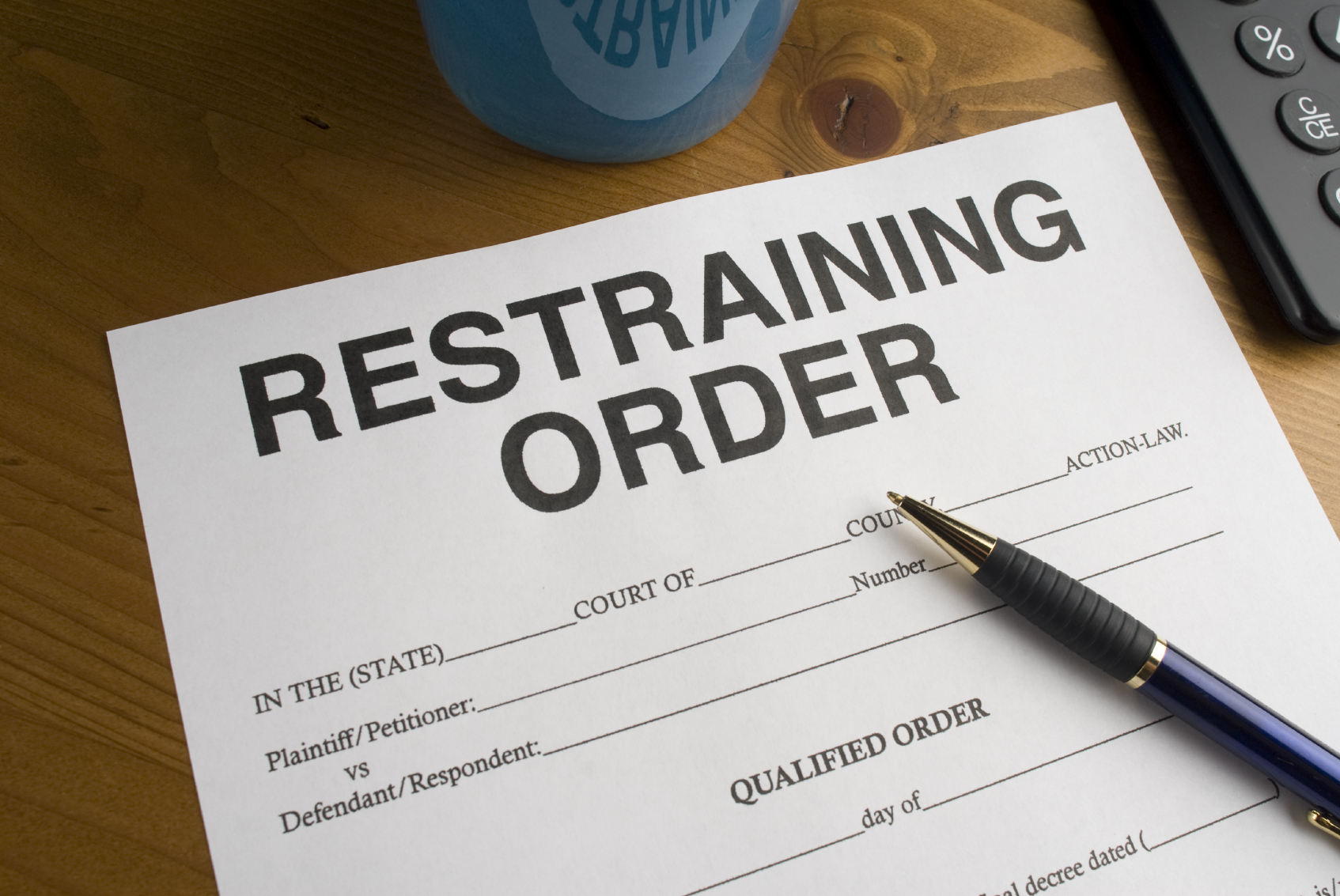Is a Restraining Order Public Record, Can it Be Viewed By Anyone?

Restraining orders are issued by a court and are intended to keep one person, the “restrained party,” away from another, the “protected party,” due to a threat of harassment or abuse posed by the restrained party.
There are four different types of restraining orders:
- Domestic Violence Restraining Order
- Elder or Dependent Adult Abuse Restraining Order
- Civil Harassment Restraining Order
- Workplace Violence Restraining Order
And three levels of protection (personal conduct, stay-away, and residence exclusion) offered by those different types of orders.
The California statute governing restraining orders, Penal Code 273.6, outlines the different types of orders and the punishments for violating them.
If someone has sought a restraining order against you, you might also be wondering if that order is a public record and if it can be viewed by anyone.
Before looking at more information related to those two questions, it should be noted that it is often wise to seek the counsel of a qualified criminal defense attorney if someone has brought a restraining order against you. A good criminal defense attorney will be able to examine the order, explain which kind of order it is, advise you on how to follow it, and outline what your next steps should be.
Is the Restraining Order Public Record?
Generally speaking, restraining orders are public record in California. Unless they have been sealed for some reason, like any other court order or document, a restraining order, or protective order as they are otherwise known, are a matter of public record.
While this might sound frightening at first, you should keep in mind that just because a record is public does not automatically mean it is going to be widely broadcast.
In order to obtain a copy of the restraining order, a person would have to request one from the court clerk of the county where the order was issued and then pay any fees associated with copying and processing it.
While this is certainly possible for motivated parties, it does not mean that the information related to your restraining order will be posted or published.
Will a Restraining Order Show Up on a Background Check Requested by an Employer?
When a person learns they have a restraining order brought against them, one thing they might worry about first is if the order will affect their current or future employment, specifically if it will show up on background checks.
Whether or not a record of a restraining order will show up on a background check depends on several factors:
- Often, employers run criminal background checks where they are looking for serious criminal activity. In those cases, a restraining order will most likely not show up on a background check.
- However, if the employer pays for a more thorough search, or the job is one where you would be required to carry a gun or get security clearance, the order most likely will show up on a background check.
- If you violated the restraining order you have committed a crime (a misdemeanor or felony depending on the case) in which case the order would show up on a background check.
- The maximum length of a restraining order in California is five years. Often, the length of an order is shorter, lasting several years or even only a few months. If the restraining order against you had against you has expired and you did not violate it you can have the order expunged from your record. If you do so, the order most likely will not show up on a background check.
Though every situation will be different, there are ways you can minimize the impact a restraining order has on your life. By following the order and one day getting it expunged from your record, you can make sure a restraining order doesn’t prevent you from future housing and employment opportunities.
Speak With a Criminal Defense Attorney
If a restraining order has been brought against you, it is vital that you hire a qualified criminal defense attorney as soon as possible. Your lawyer will be able to help you understand the terms of the order, advise you on how to follow it, and eventually help you get it expunged from your record.
Restraining orders can be complex. Only with the help of a criminal defense attorney can you be assured that any order brought against you won’t negatively impact you for the rest of your life.
To learn more, call our Los Angeles criminal defense law firm at 213-995-6767 or visit our contact us page to send us an email.


